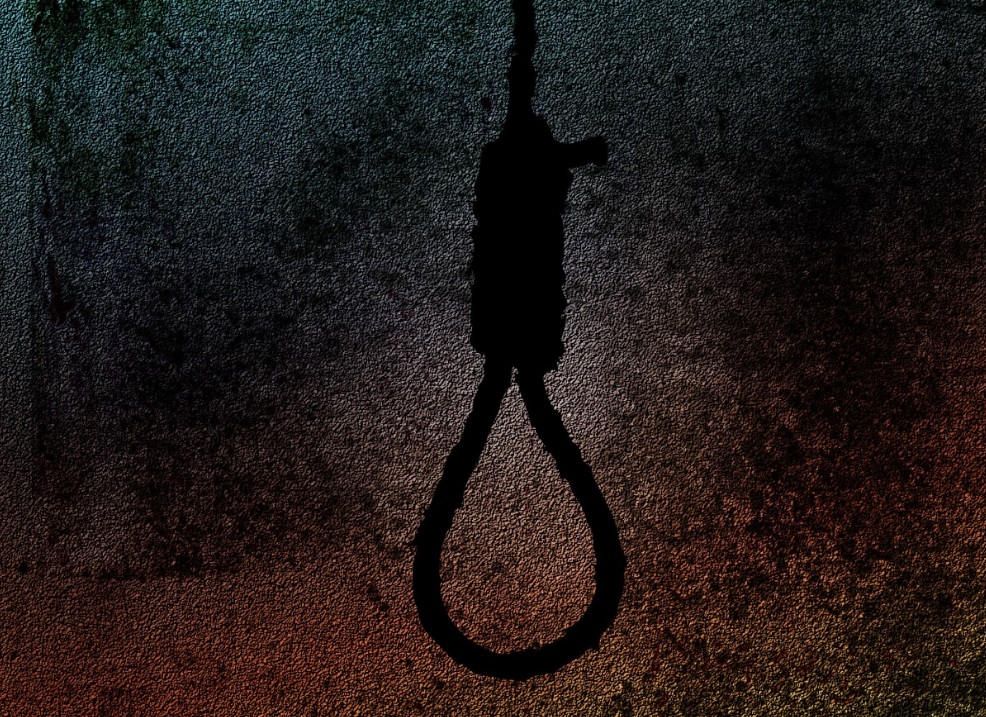UN experts alarmed as Iran executes over 1,000 people in 2025, urge global action
The experts noted that the figures are likely an undercount due to Iran’s lack of transparency in reporting executions.

United Nations human rights experts have sounded the alarm over what they describe as a “staggering” rise in executions in Iran, warning that the pace and scale of state-sanctioned killings amount to grave violations of international law. In less than nine months of 2025, at least 1,000 people have been executed—an average of more than nine people per day in recent weeks—marking what experts called an “industrial scale” of executions unseen in years.
Escalation of executions and lack of transparency
The experts noted that the figures are likely an undercount due to Iran’s lack of transparency in reporting executions. Most executions remain unacknowledged by official sources, with Revolutionary Court proceedings held behind closed doors, denying defendants fair trial rights.
Of those executed this year, the majority were convicted of drug-related offences and murder. Security-related charges, including espionage and terrorism, also accounted for a significant share. The executions included at least 58 Afghan nationals—57 men and one woman—underscoring the disproportionate impact on migrants and foreign nationals.
Surge in drug-related executions
The most alarming trend has been the dramatic rise in executions for drug-related offences. Since 1 January 2025, at least 499 people have been executed on such charges. This marks a steep reversal from earlier years, when reforms briefly curbed executions. Between 2018 and 2020, official reports recorded only 24–30 executions annually for drug crimes.
The surge follows a reversal of progress linked to the 2017 amendment to the Law on Combating Illicit Drugs, which had initially restricted the use of the death penalty for non-violent offences. Since 2021, however, executions for drug-related crimes have sharply increased, disproportionately affecting individuals from poor and marginalised ethnic minority communities.
Experts highlighted how families of executed individuals often face confiscation of homes, farmland, and other limited assets, leaving them in even deeper economic hardship.
Executions for espionage and new restrictive laws
In addition to drug-related cases, Iran has also executed 10 individuals on espionage charges in 2025, with eight of these deaths carried out after 13 June, following a period of heightened tensions and military escalation with Israel.
Concerns have intensified over a newly introduced espionage bill that significantly broadens the scope of what is considered espionage. The law criminalises activities tied to dissemination of information and even contact with foreign or diaspora media outlets—posing severe risks to journalists, activists, and human rights defenders.
Violations of international law
The UN experts reiterated that under international law, the death penalty should be reserved only for the “most serious crimes,” interpreted strictly as intentional killings. Drug-related crimes, they stressed, do not meet this threshold.
They emphasised that Iran’s heavy reliance on capital punishment violates the International Covenant on Civil and Political Rights (ICCPR), to which the country is a party.
Calls for moratorium and global pressure
The experts urged the Iranian government to immediately:
-
Establish a formal moratorium on all executions.
-
Release comprehensive and transparent data on death sentences and executions.
-
Uphold international fair trial standards and ensure humane treatment of all detainees.
-
Work towards the abolition of the death penalty, beginning with the elimination of capital punishment for drug-related offences.
With another amendment to the 2017 anti-drug law currently under review by the Majles (parliament), the experts stressed that Iran has a “critical opportunity” to reverse its alarming trajectory.
International response needed
The experts concluded with a strong appeal to the global community:
“The international community cannot remain silent in the face of such systematic violations of the right to life. States must take concrete diplomatic action to pressure Iran to halt this execution spree.”
The growing use of executions in Iran, coupled with new restrictive laws targeting freedom of expression and media, has sparked renewed calls from human rights organisations for international accountability measures. Unless halted, the current trajectory threatens to further entrench a cycle of repression and systemic violations of fundamental rights.










